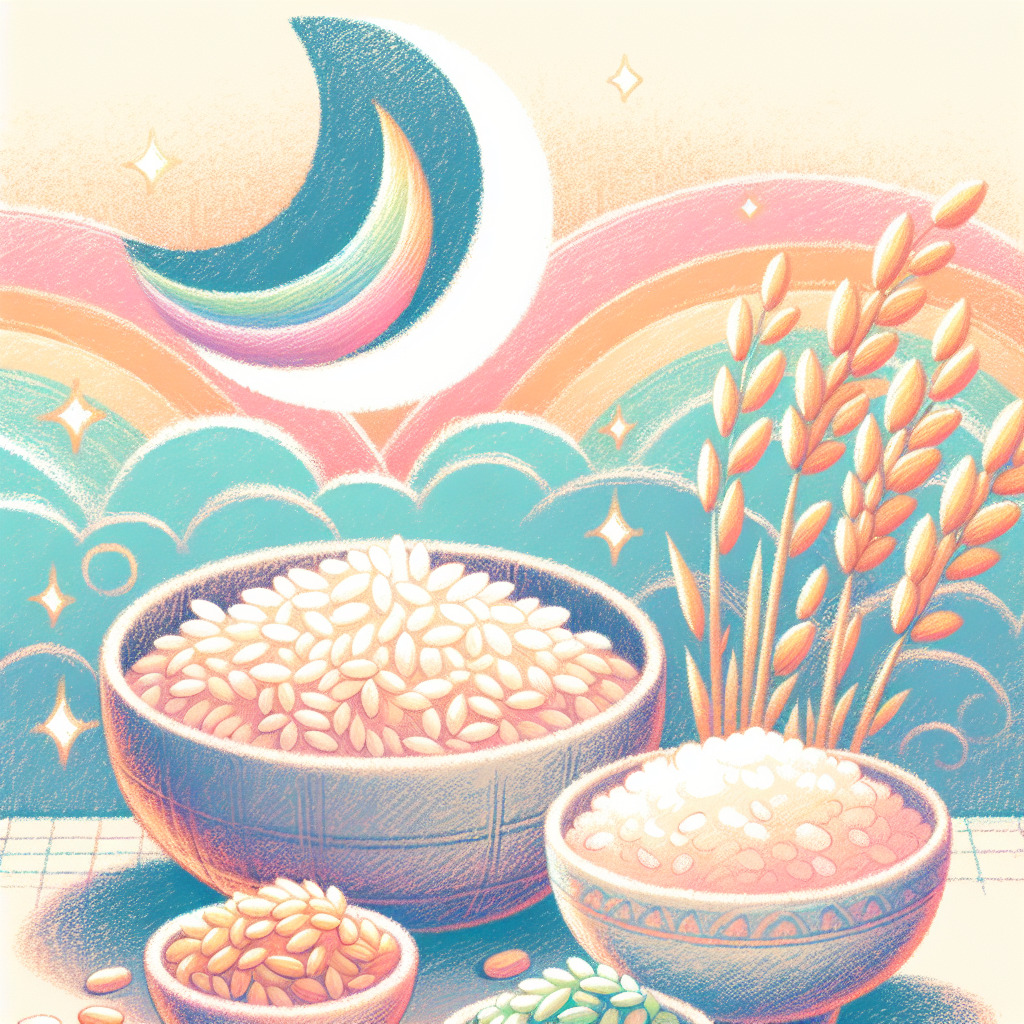Spiritual Sanctuaries: Discovering the Heart of Japan's Shrines and Temples
Exploring the Spiritual Significance of Japanese Shrines and Temples Japanese shrines and temples offer more than just stunning architecture and serene landscapes; they are steeped in profound spiritual significance. These sacred spaces symbolize Japan's traditional culture, religious beliefs, and the harmonious relationship with nature, providing visitors with deep reflections and emotional experiences. This article delves into the spiritual values of Japan's shrines and temples, highlighting the richness of the inner peace they can offer. 1. Distinguishing Shrines and Temples In Japan, there are primarily two types of sacred sites: shrines (jinja) and temples (jiin). Each is rooted in different belief systems and offers unique experiences to its visitors. Shrines are…






